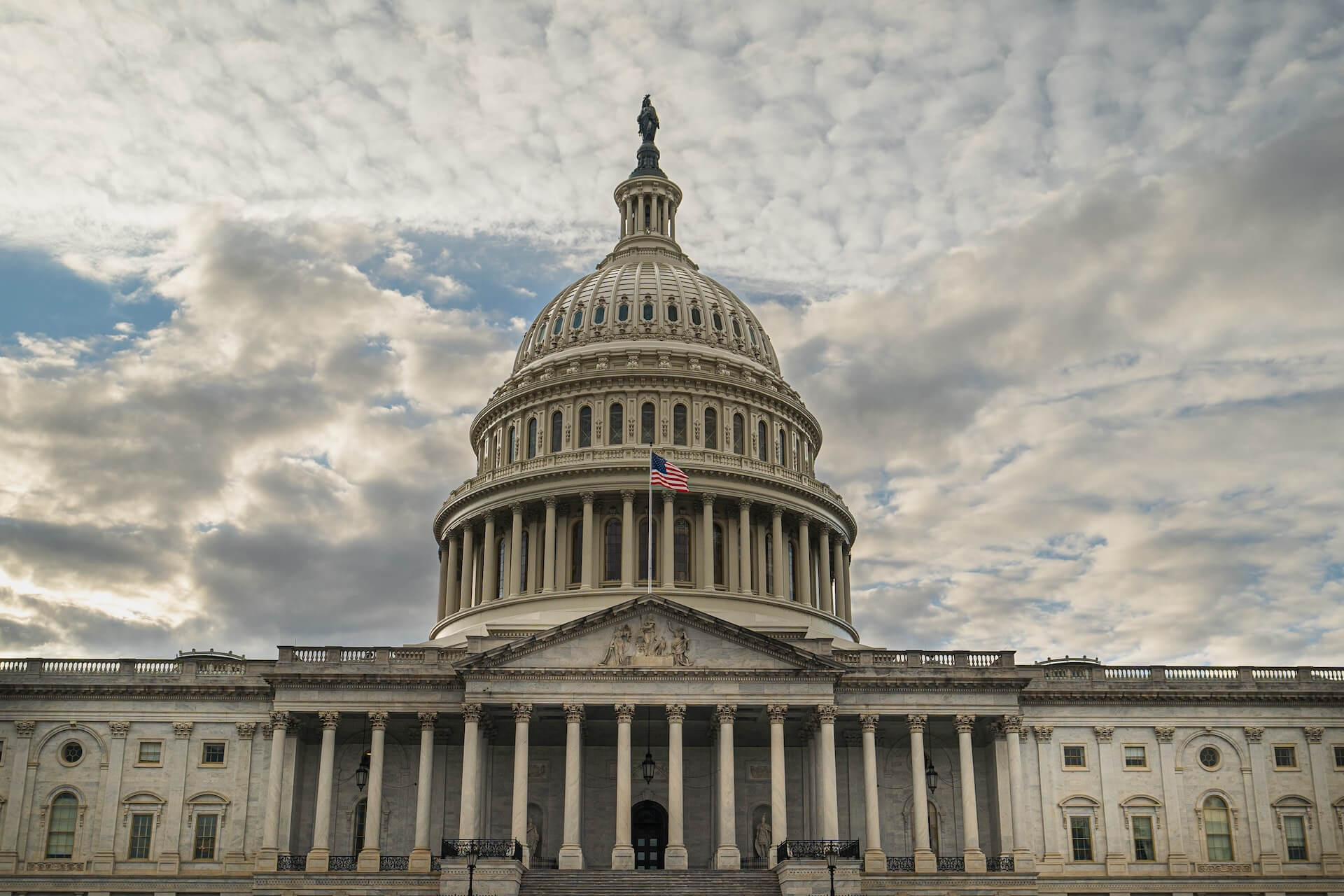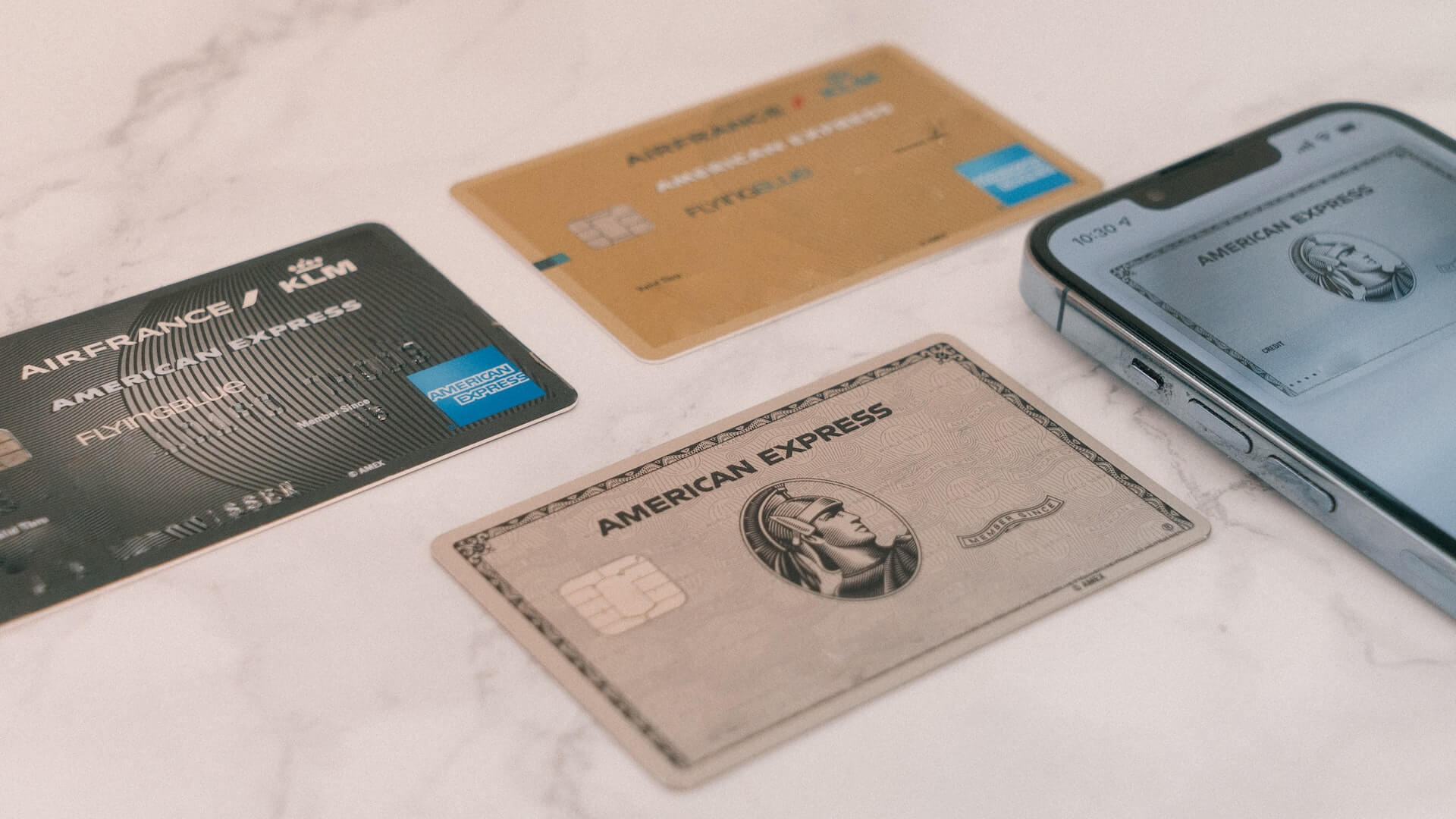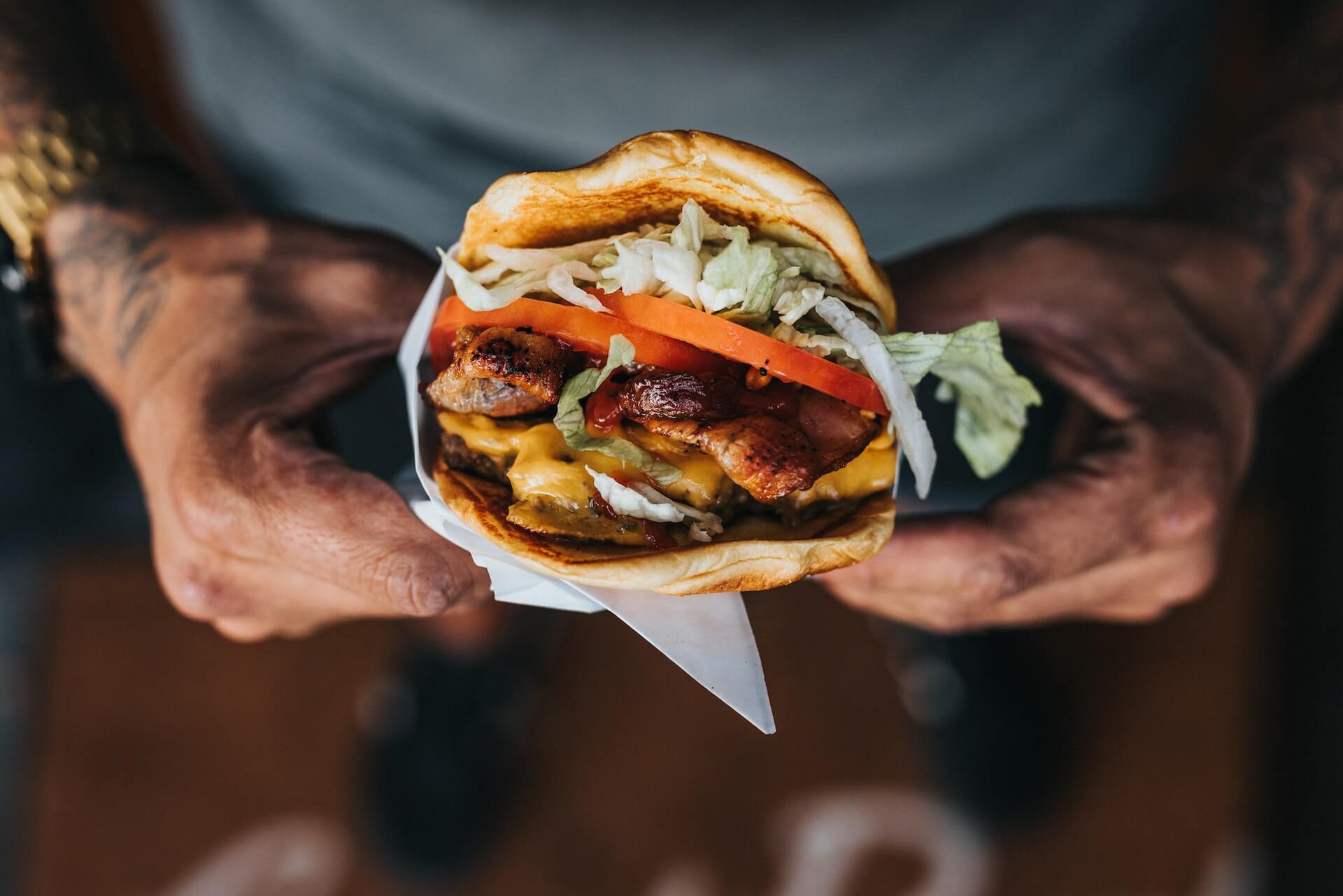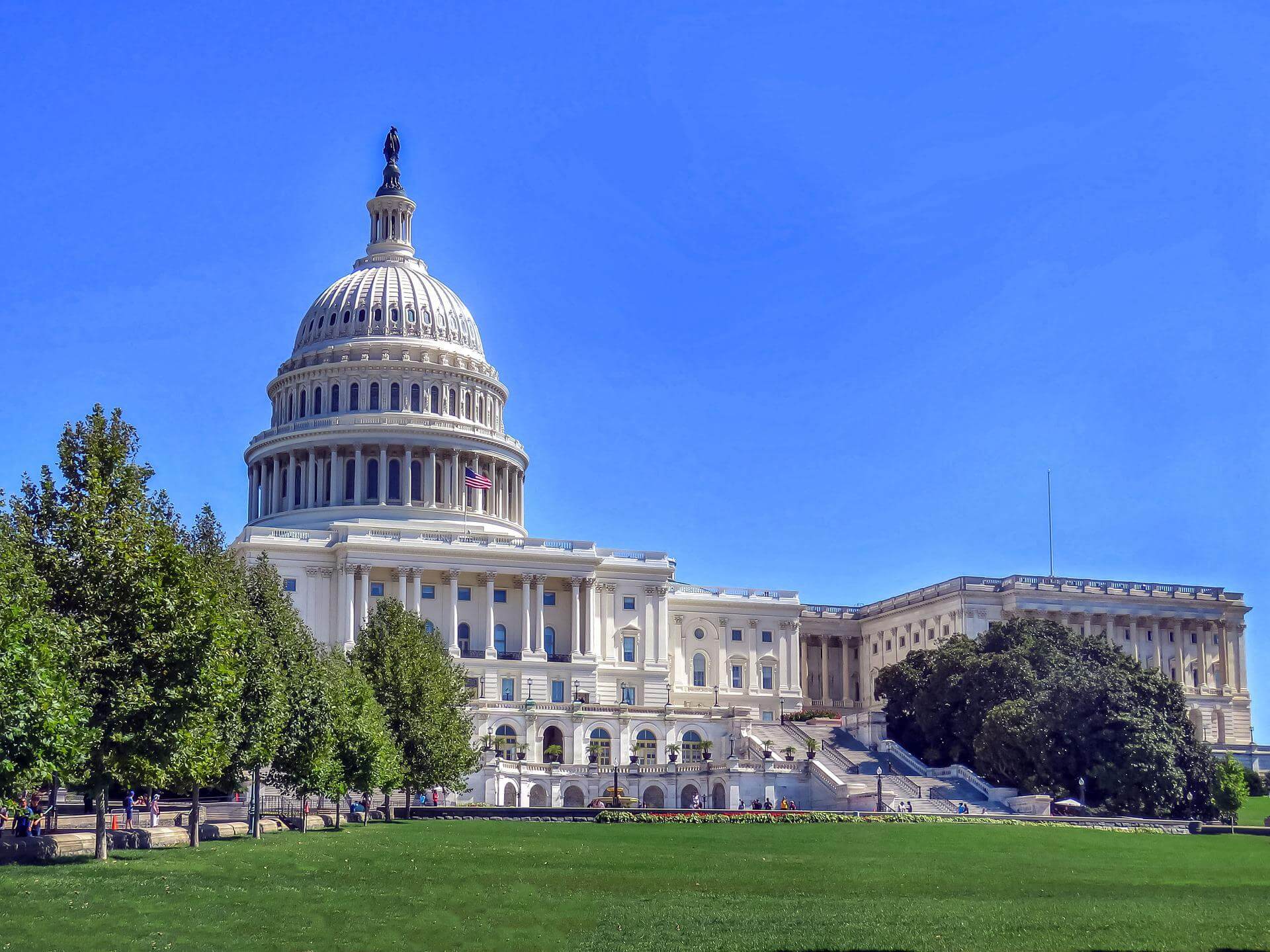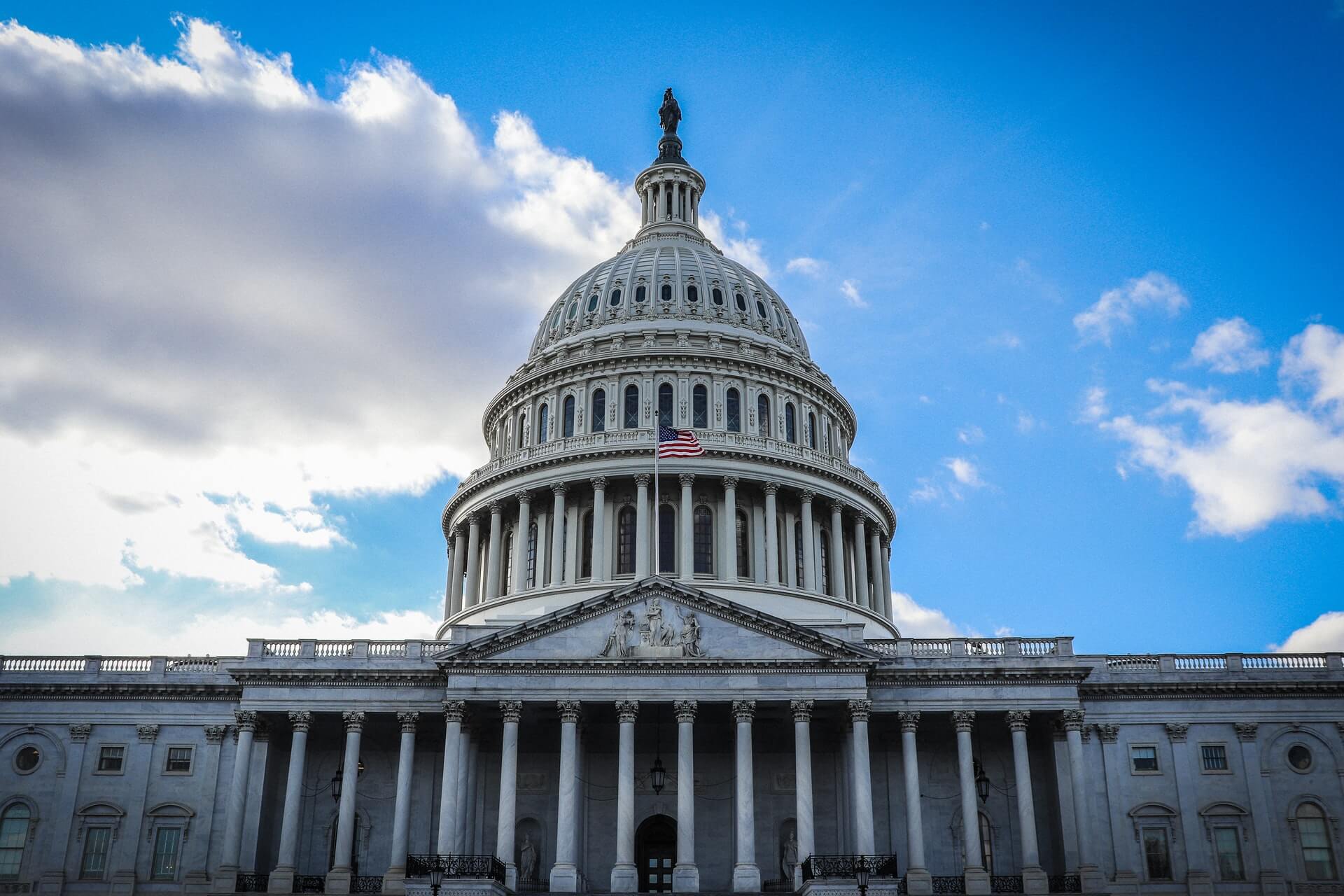US Metro Areas with Greatest Outflow and Inflow, Q3 2022
by David Klemt

Real estate brokerage Redfin identifies the top ten American cities in terms of inflow and outflow, according to Q3 data.
Interestingly, a quarter of people appear to be searching for homes in cities different from where they currently live. Also compelling: one state, per the brokerage’s data ending in the month of October, is a clear favorite.
Obviously, this is important data for operators to have. When it comes to labor and guest pool changes, inflow and outflow information can be quite useful.
Top Inflow Cities: August to October 2022
Review the list below to see the metro areas experiencing the greatest inflow.
- Orlando, Florida
- Dallas, Texas
- North Port, Florida
- Cape Coral, Florida
- Phoenix, Arizona
- Tampa, Florida
- San Diego, California
- Miami, Florida
- Las Vegas, Nevada
- Sacramento, California
Did you spot the big trend? The state of Florida represents 50 percent of the list. Per Redfin‘s interpretation of the data, home buyers want leave expensive coastal cities behind.
Interesting to us in particular, two cities—Las Vegas and Orlando—are key KRG Hospitality markets. Also interesting is that Nevada and Florida are on the back half of Forbes’ best cities for starting a business in 2023.
However, we’ve seen strong hospitality industry recovery in Las Vegas this year. In fact, even the entertainment industry in Las Vegas is exploding. Additionally, we continue to gain clients in Orlando.
Top Outlow Cities: August to October 2022
Below are the metro areas seeing the greatest outflow.
- Philadelphia, Pennsylvania
- Seattle, Washington
- Denver, Colorado
- Detroit, Michigan
- Chicago, Illinois
- Boston, Massachusetts
- Washington, DC
- New York, New York
- Los Angeles, California
- San Francisco, California
If we compare Redfin’s Q2 data to the list above, it’s mostly the same. In fact, the top four outflow cities are identical. Spots five through nine are simply a reshuffling of Q2 and Q3 data.
However, Minneapolis, number ten in Q2, is replaced by Philadelphia in Q3. According to Redfin data, those Philly residents searching for homes elsewhere are showing interest in Salisbury, Maryland.
Consider how expensive it can be to move to and live in LA and San Francisco. It makes sense that California is the only state with two cities on the list above, doesn’t it?
Per Redfin, San Francisco residents are searching Sacramento and Seattle. Those in LA are looking at San Diego and Las Vegas.
Takeaway
It’s important to know where people are moving to and what cities they’re leaving behind. And it’s interesting to get a data-driven view of which states may be best for starting a business.
However, it’s far more useful to know how feasible a given ZIP code may be for a specific concept. So, while these types of lists are helpful, they’re not as practical as a targeted feasibility study.
Moreover, the dust doesn’t appear to have settled when it comes to migratory patterns of home buyers. It’s quite possible that Redfin’s 2023 inflow and outflow data will change once again in Q1 and Q2.
Image: Stephen Leonardi on Unsplash

